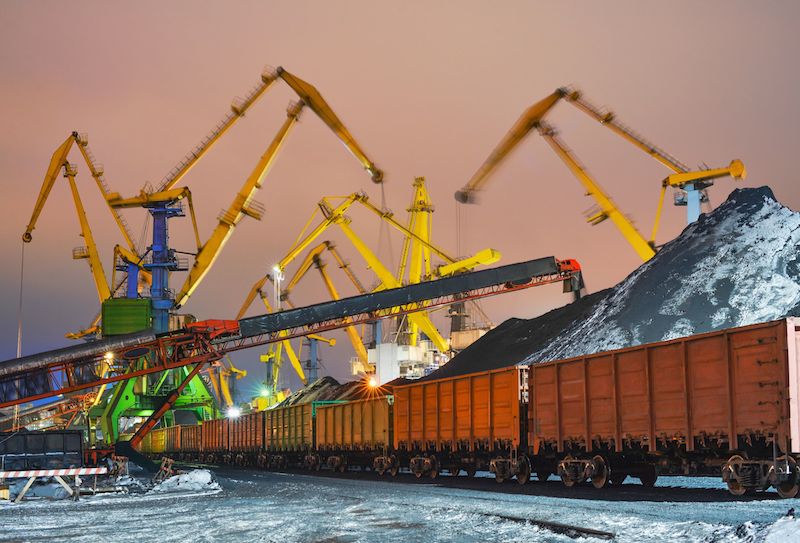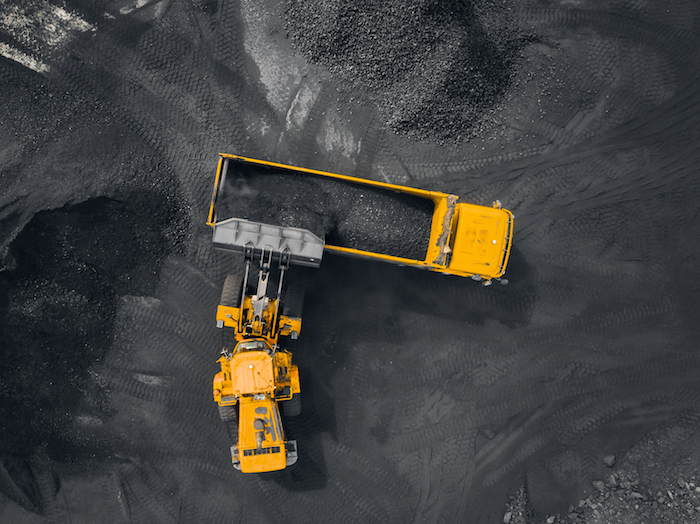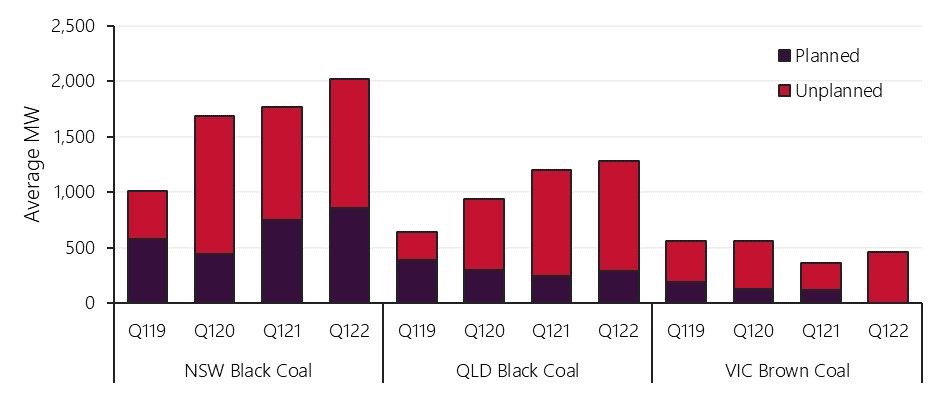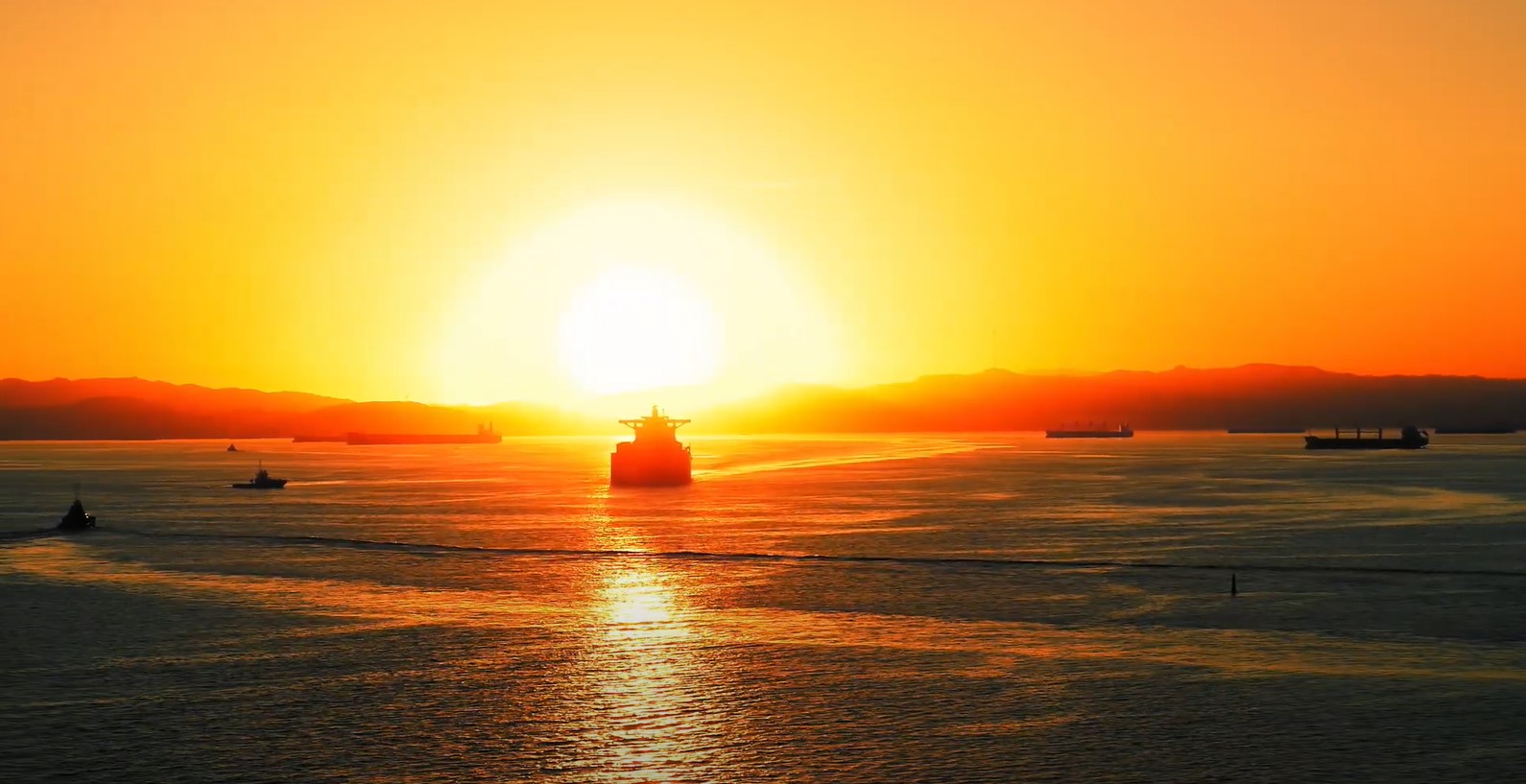
Russian Railways (RZD) proposed to index railway tariffs for the transportation of coal and iron ore to compensate for the rise in prices for construction materials, which are necessary for the infrastructure development and the implementation of projects to modernize the railway, including the Baikal-Amur Mainline (BAM) and the Trans-Siberian Railway (TSR).
According to experts, if RZD proposal on tariff indexation is implemented, the cost of railway transportation of coal for export may increase by 10-15%, while railway transportation of anthracite is likely to grow by a larger percentage, taking into account RZD’s intentions to bring tariffs for anthracite to the level of coking coal rates.
Due to the rise in metal prices and the introduction of export duties on non-ferrous and ferrous metals from August 01, 2021, RZD may incur additional costs for the construction and modernization of its railway facilities. In this regard, Russian Railways requested state support in the amount of 17 billion RUR. (230 mio USD). As an alternative measure, RZD proposed to approve a new principle of rail tariff indexation for the carriage of coal and iron ore.
Russian Ministry of Transport supported the initiative of RZD to compensate for the rise in prices for construction materials by indexing tariffs for coal transportation to the ports of the Far East and for the shipping of raw materials for the metallurgical industry on domestic routes. The amount of the surcharge will have to be agreed with the Federal Antimonopoly Service (FAS), Russian authorities and suppliers at a meeting of the government commission on transport.
Nevertheless, the FAS believes that the long-term railway tariffs for the carriage of cargos, established until 2025, are maximal and their excess is not allowed. At the same time, Russian antitrust watchdog suggested to consider RZD proposals on state support or changes in rail freight rates after analyzing the carrier’s operations in 2021.
RZD repeatedly tried to increase railway tariffs for coal transportation, but its proposals were not supported by the FAS.
Source: CAA Analytics



